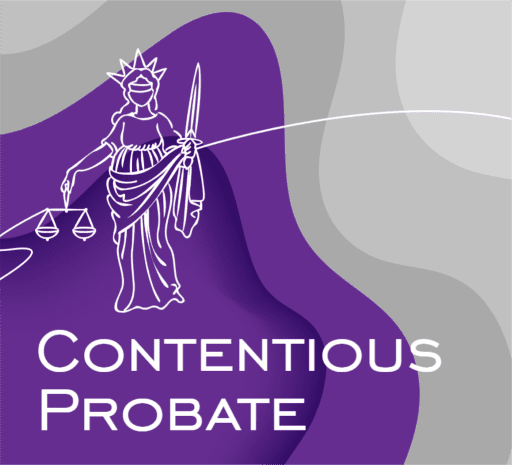Losing a loved one can be an especially challenging time in life. Unfortunately, legal quarrels and disputes following bereavement are far from uncommon.
To discover that you have been excluded from a will or allocated less than you were entitled to can be upsetting and infuriating. You may also find yourself in a situation where you don’t know where to turn, having no prior experience in such matters.
If you have any questions or concerns regarding your inclusion or exclusion from a will, it is important to seek expert legal advice at the earliest possible stage. The quicker you take action, the higher the likelihood of an amicable outcome.
In the meantime, it’s important to know exactly what to expect if you choose to go ahead. Contesting a will isn’t something to approach lightly, but shouldn’t be delayed where necessary.
With this in mind, here are five important facts you need to know about contesting a will, before going ahead:
1. Formal Action May Not Be Necessary
First and foremost, it may not be necessary to contest the will in a formal legal manner. It is often possible to resolve cases like these through simple discussion with the other parties involved in the will. Particularly if you are on good terms and in close contact with the other beneficiaries, it is always worth attempting to reach a resolution, before seeking outside intervention.
2. Things Can Get Emotionally Charged
Disagreements and disputes regarding wills or estates in the wake of bereavement can be emotionally charged and difficult to resolve. It is important to remember that all parties involved in the dispute may, for a variety of reasons, find it impossible to view the matter objectively and logically. Hence, what makes perfect sense to you may be considered completely nonsensical by the party or parties involved. In which case, third-party involvement becomes necessary.
3. Costs Must Be Taken Into Account
Even if your case is successful and the terms of the will are adjusted, you may still be liable to cover your legal fees in full. It is therefore important to consider the extent to which winning the case and claiming your full entitlement would both cover your legal fees and prove financially beneficial. It is not uncommon for friends and family members to contest the will of deceased loved ones purely out of principle or on ethical grounds. Nevertheless, doing so may prove costly and cause unnecessary complications.
4. Cases Like These Rarely Go to Court
If you do decide to go ahead, it may reassure you to learn that most cases involving wills and estate disputes can be resolved outside the courts. By way of impartial mediation or arbitration, it is usually unnecessary to involve the courts in these kinds of matters. Should the matter be taken to court, we can provide the legal representation you need to ensure your case is successful.
5. The Sooner, the Better
Once again, the importance of taking action at the earliest possible juncture cannot be overemphasised. There may be many details and factors that need to be taken into account, simply to assess whether or not you have a valid case in the first place. The longer you wait, the more complex and time-consuming it may be to successfully contest the deceased party’s will.
For more information on any aspect of contesting a will or to discuss your requirements in more detail, contact a member of the team at Aristone Solicitors today.


